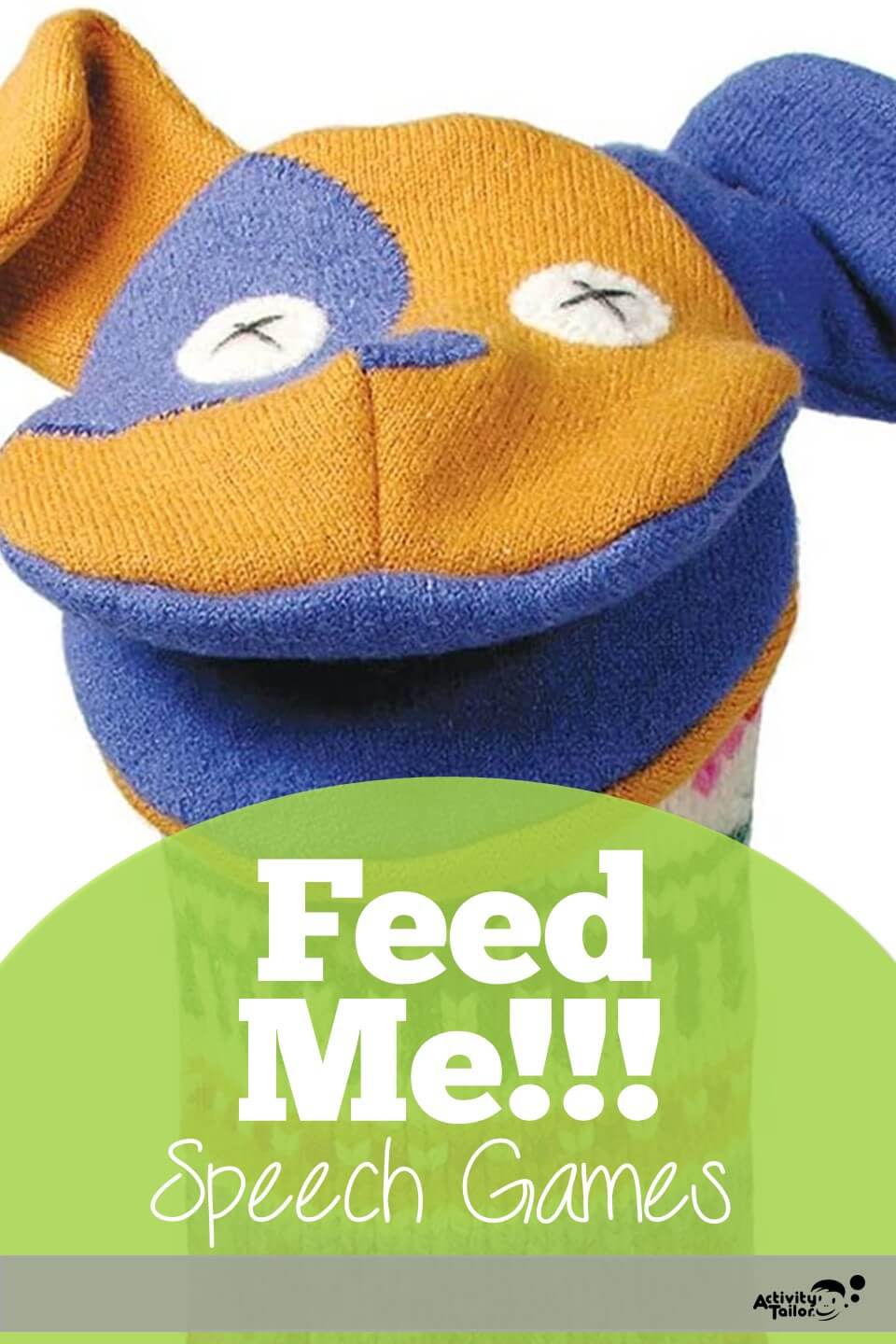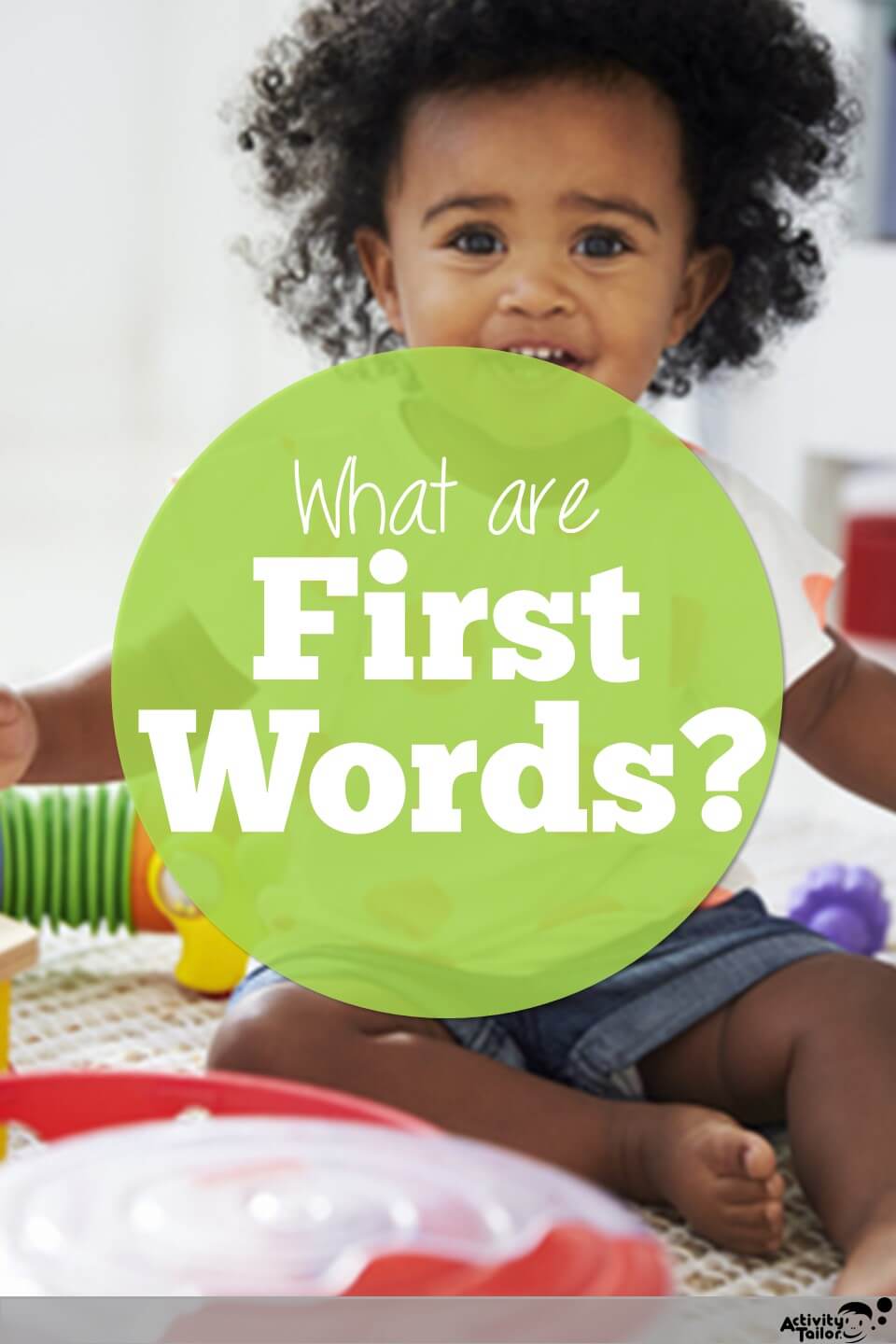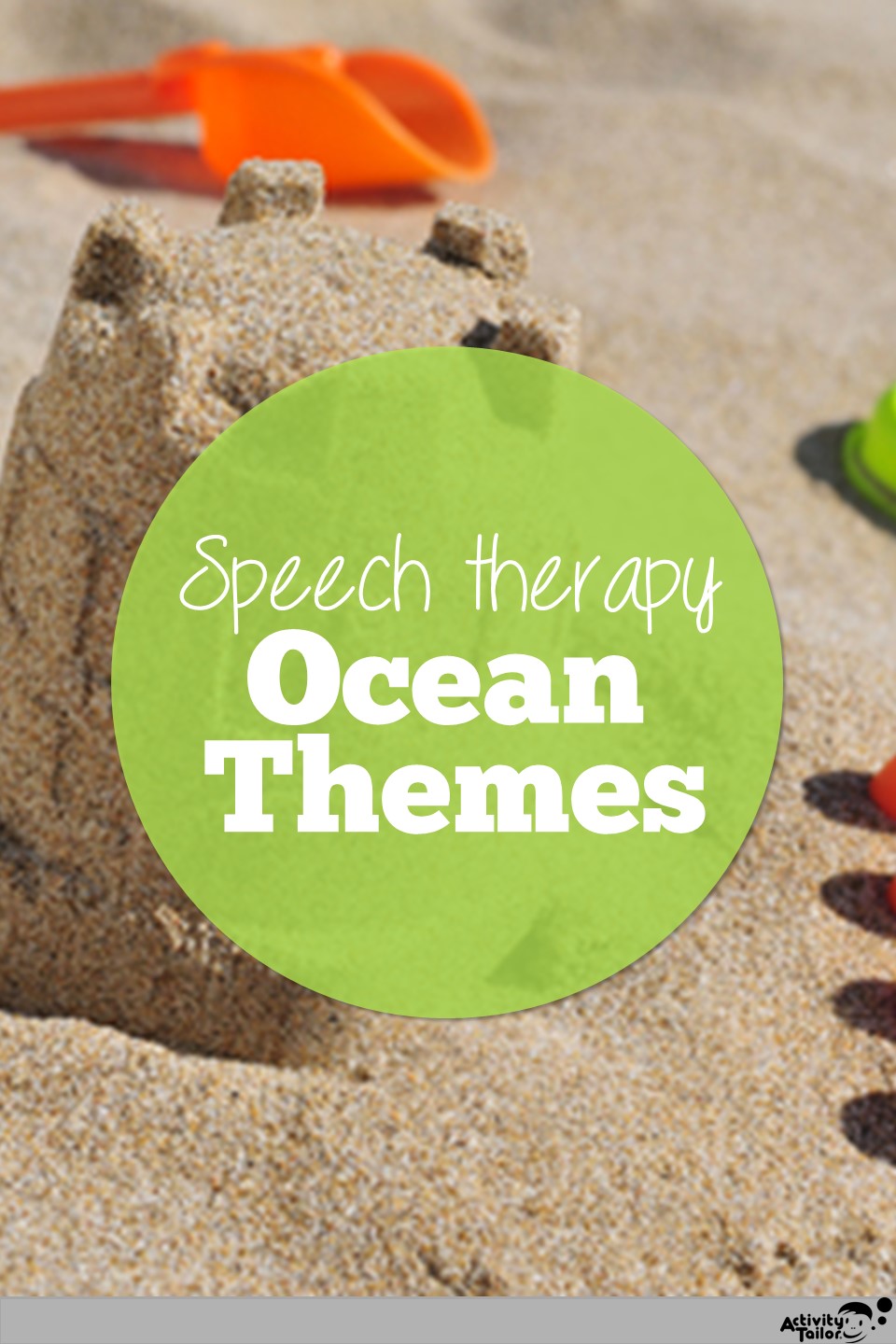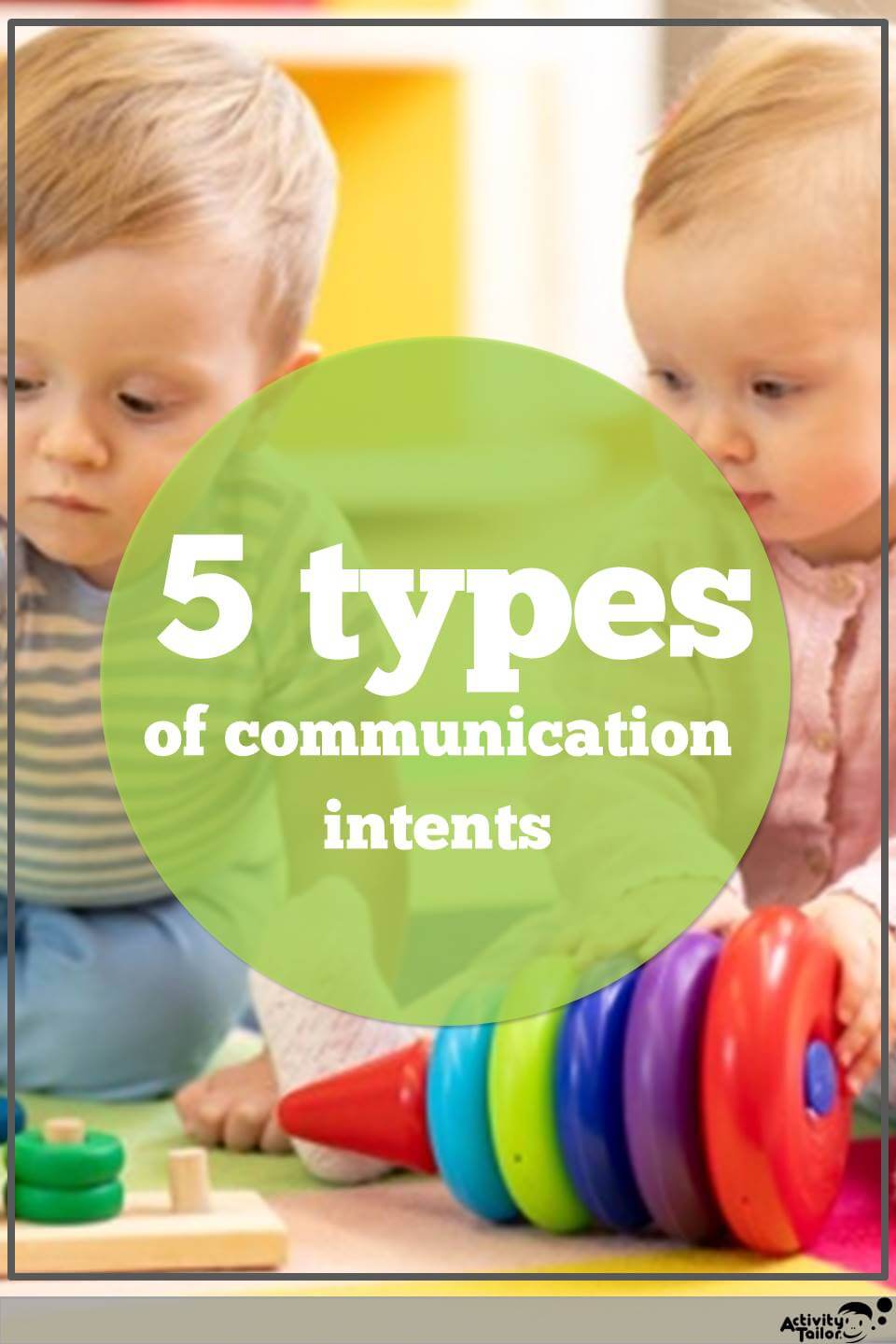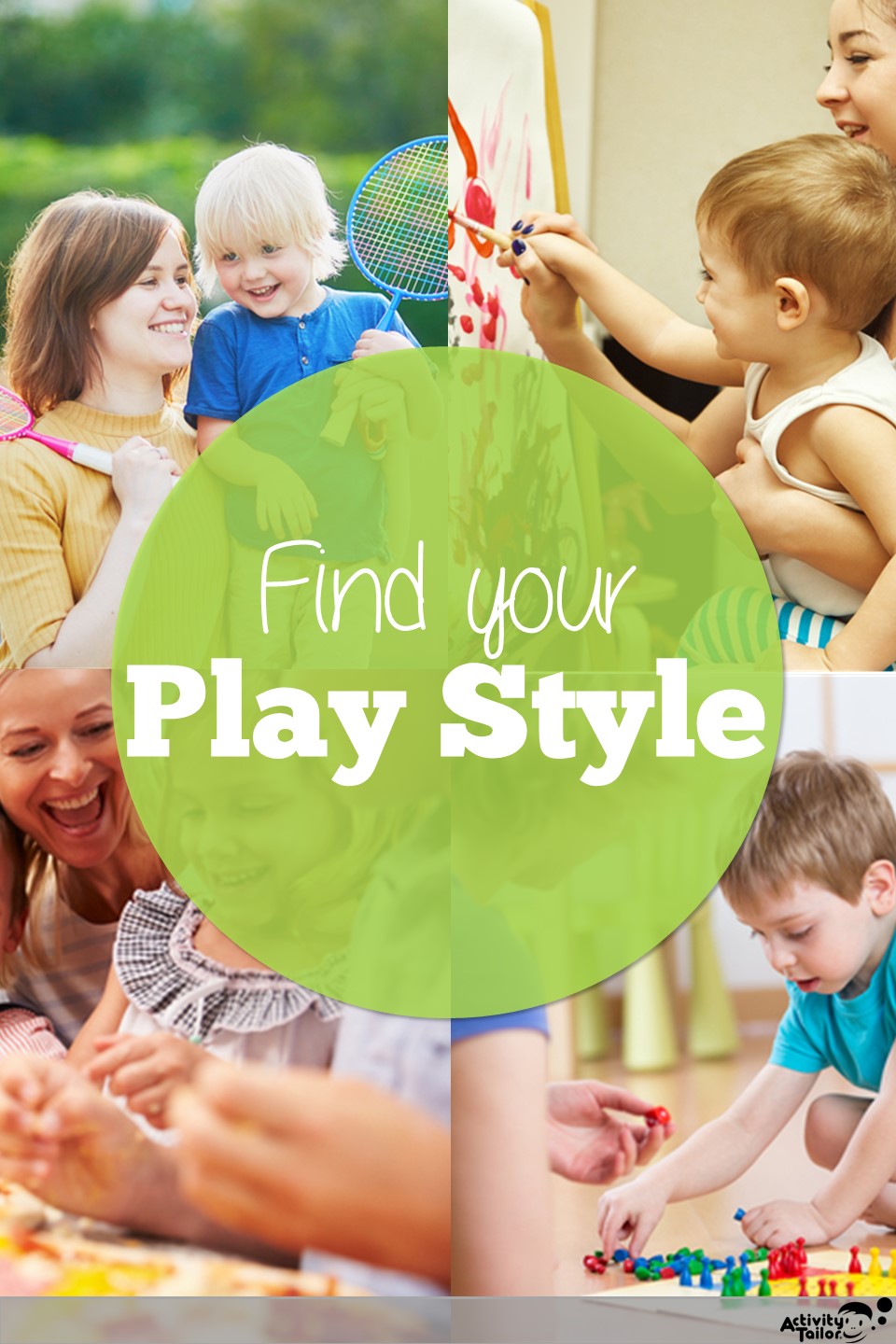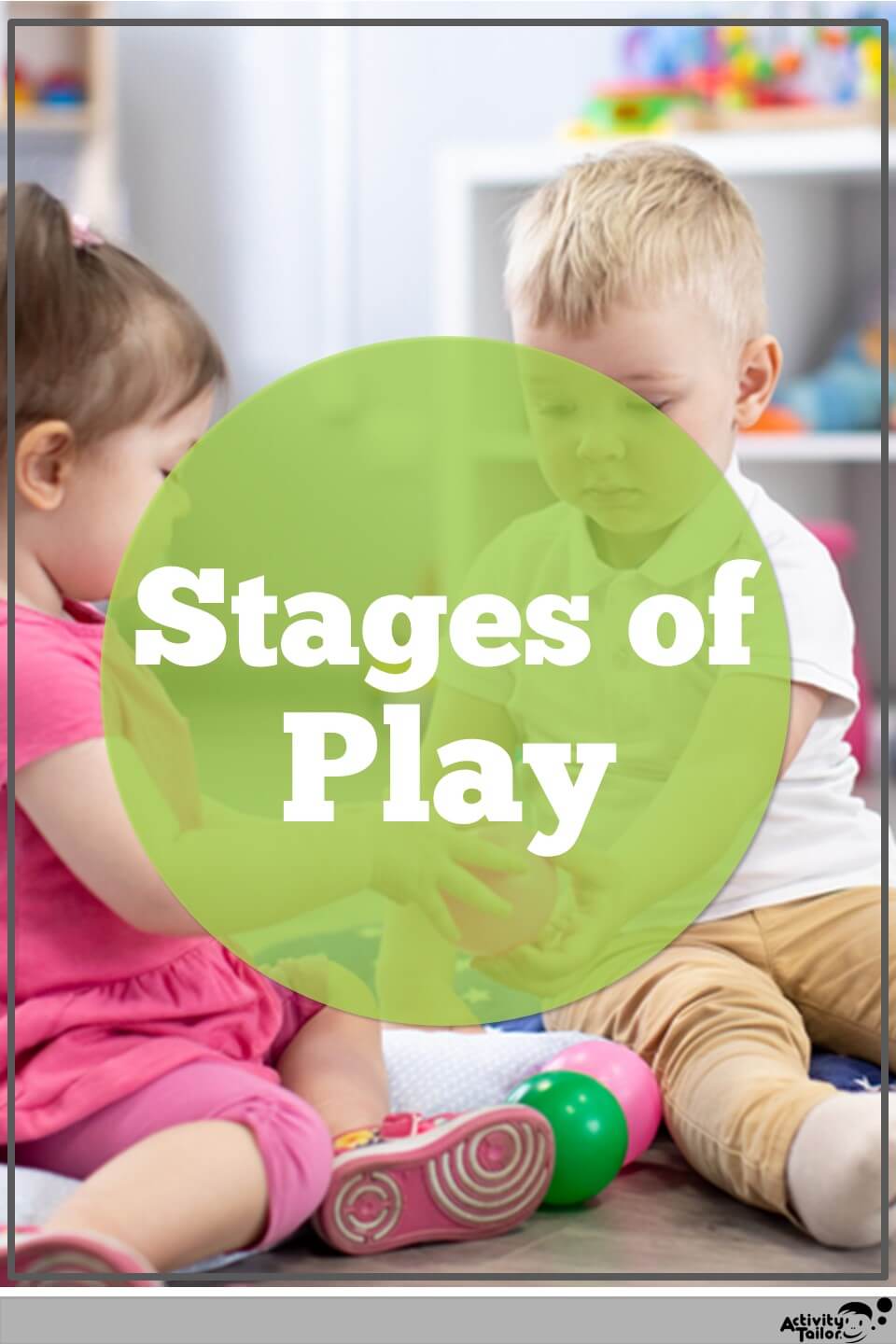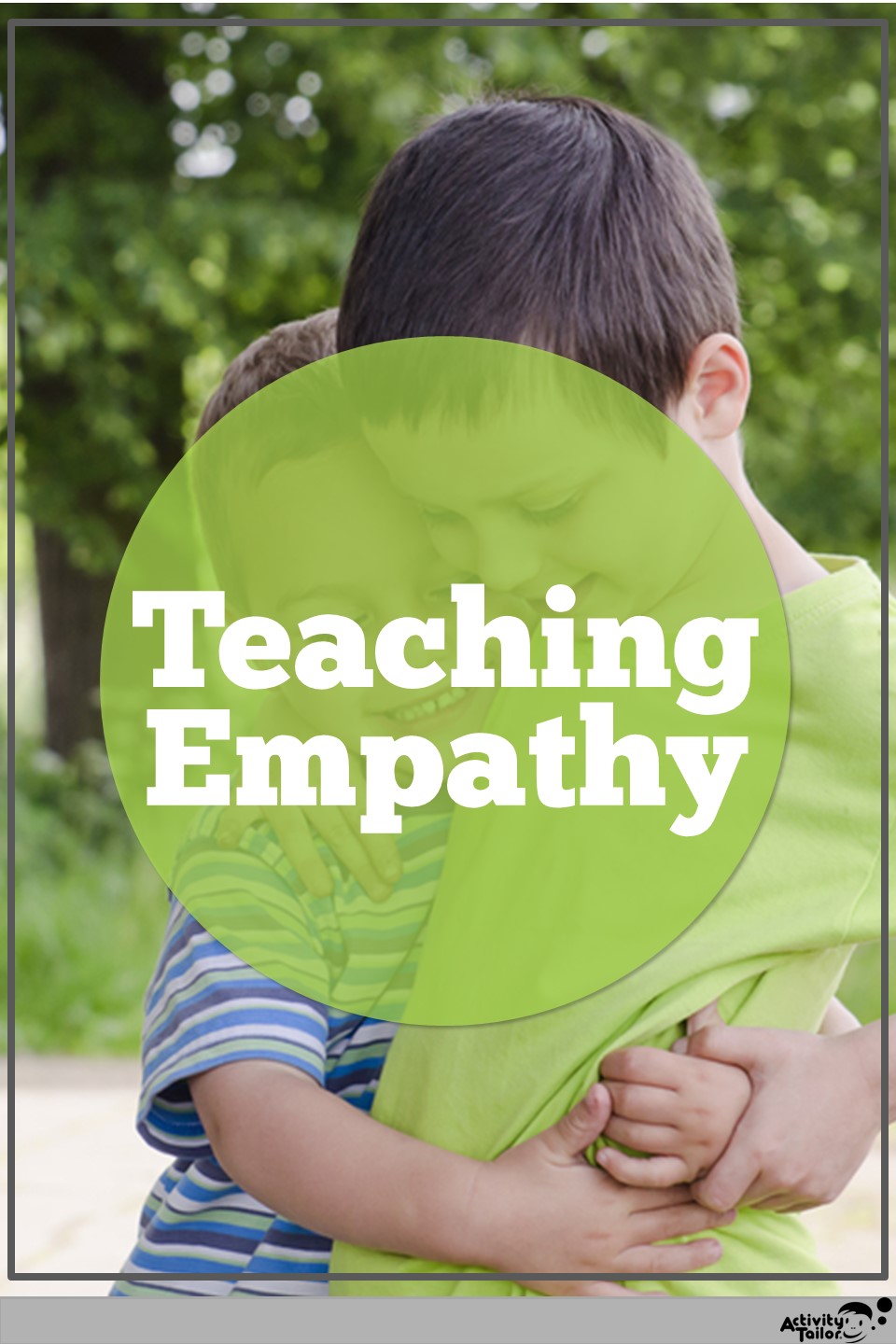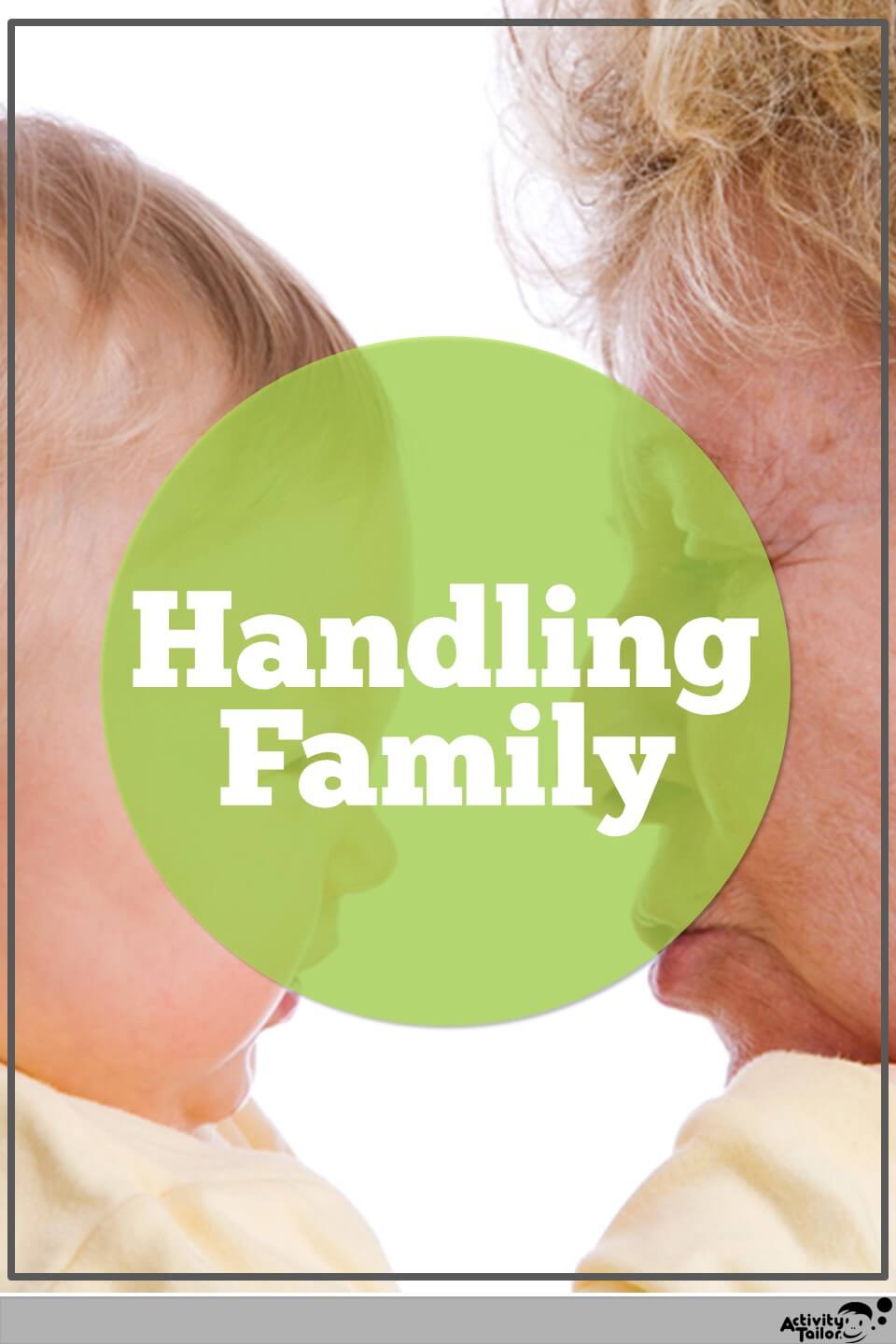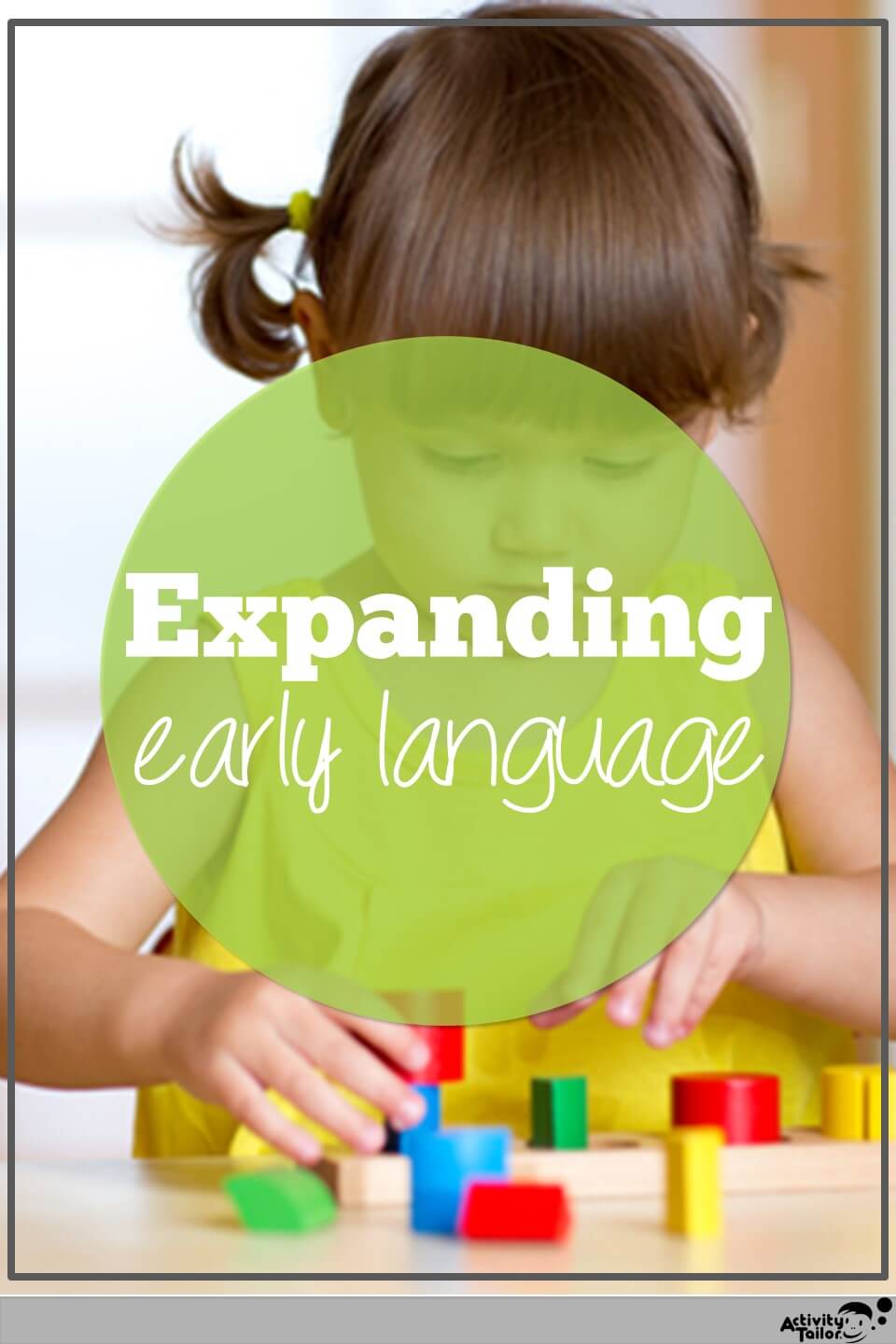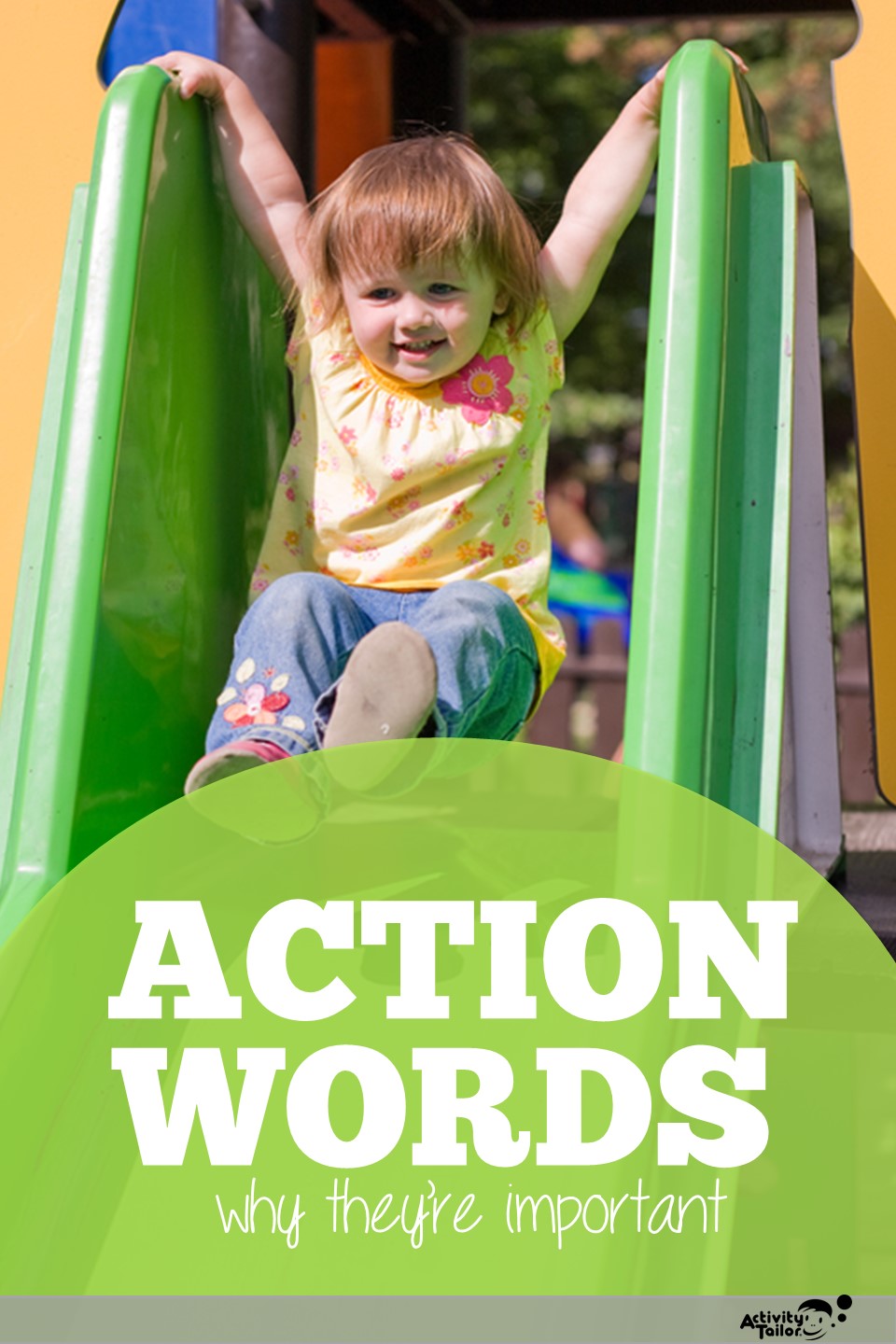
Why Action Words are Important
The role of verbs in language development The first words children say are almost always labels for common (to them) objects or people. Makes sense, right? It’s easier to attach meaning to a noun especially one that we have a lot of experience or interaction with. As little ones start building their vocabulary, you’ll find they move on to a wider variety of words. Social words/greetings: These are words like “hi” and “bye” and ones that go along with social games like “peek-a-boo” (even if it’s shortened to just the “boo”). Verbs: These begin as labels for actions like “jump”

